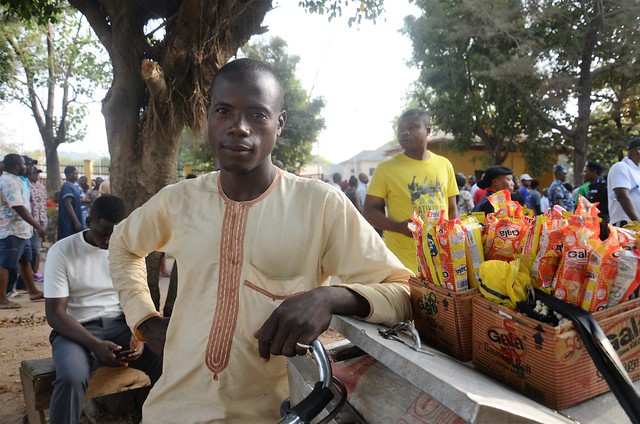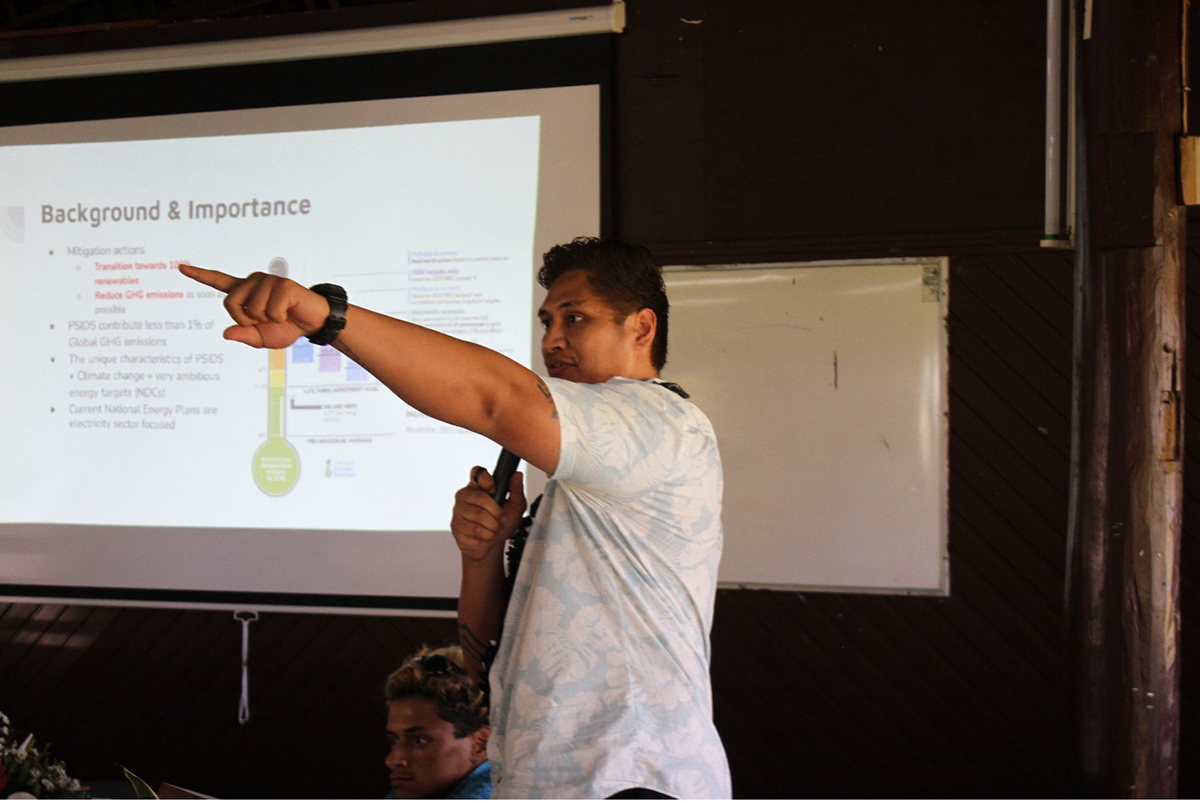Public policies: Sustaining or diminishing development?
June 29
Three major challenges affect the lives of ordinary Nigerians – insecurity, unemployment and poverty – writes Belema Ekine, a 28-year-old Commonwealth Correspondent from Rivers State in Nigeria. But are the country’s public policies addressing these?
Overcoming a lot of challenges in Nigeria requires strong successful public policies developed from progressive ideas. These ideas serve as catalysts for the right actions, results and overall positive change.
Public policy has been defined as the ‘formal articulation and purposive course of action for goals pursued by the government in dealing with needs or matters of concern’. Policies are made after identifying economic, social or political public problems.
Insecurity has been a major cause for concern for Nigerians. It has resulted in underdevelopment in certain areas of the country for a long time.
For example, my grandfather narrowly escaped two attempts on his life in Tombia, Rivers State. The first incident happened as a result of a dispute between village elders and youths. The village youths had been packing sand from the river to sell to make some money. This was causing the river banks to overflow, endangering the village.
My grandfather was among a delegate of elders who were called upon to discuss the issue of environmental degradation with the young people, and to point them to the dangers of their actions. The youths responded with a rain of bullets.
Years later, militants took over the area and my grandfather sought to secure their word that the people in the village would not be harmed. He was attacked and thrown into the river. He swam for miles until he was rescued.
Fast forward to 2012, his daughter (my aunt) was kidnapped in Port Harcourt, Rivers State as she left her home for church. She was held captive for almost a week as her captors demanded a huge ransom in exchange for her safe return. Many more such incidences are still going on in the region to date.
Across the Niger, it is no longer news that youths are involved in cattle rustling in Zamfara, Katsina, Kebbi, armed banditry and kidnapping in Kaduna, Taraba, Nasarrawa, and insurgency in Borno, Yobe, Adamawa. And who can forget the infamous kidnapping of the Chibok and Dapchi girls?

Having examined these national issues, it is safe to say that this is happening because many young people are unemployed, uneducated and poor.
This leads to the issue of unemployment, another major challenge in the country. According to UN estimates, the Nigerian population is just over 200 million. Combined unemployment and underemployment rates in the country are projected at 43.3 percent by the Labour Force Statistics of the National Bureau of Statistics.
Ironically, it is young people – the most productive portion of the population – who make up a majority of the unemployed. So, they lack the means to meet basic personal needs and enjoy a minimum standard of living.
Because of this, Nigeria, a country with bountiful human resources, is reported by the World Poverty Clock to be the country with the highest number of people living in extreme poverty in the world.
So, what is wrong with our public policies? Why have they failed to achieve the required goals and desired objectives of serving the public and meeting these matters of concern? Are poor public policies responsible for the diminishing development in the country?
I ask these questions as I am aware that public policies are set out based on the provisions of Chapter 2 of the Constitution of the Federal Republic of Nigeria, which deals with the Fundamental Objectives and Directive Principles of State Policy as well as international conventions.
“There should be no gap between public policies and the realities on the ground.”
Policies are meant to solve problems, serve justice, encourage active citizenship and promote sustainable development.
For this reason, public policies must be proactive, genuine and innovative. Careful planning needs to be done and the economic, social and cultural dimensions must be taken into consideration. There should be no gap between public policies and the realities on the ground.
Our public policies should be based on authentic empirical evidence of the country’s state of affairs, as many lives and destinies are tied to this.
To guarantee that public policy objectives are in sync with the times and up to date with the needs of the rapidly increasing population, I recommend that government finds contemporary ways to adequately provide for the effective execution, monitoring and evaluation and regular review of these policies.
Only by doing so can the three fundamental issues – insecurity, unemployment and poverty – begin to be extensively tackled. This will re-position Nigeria and Nigerians on a path to holistic and sustainable development.
About me: I live in Abuja, where I work as an Administrative Officer with the Nigerian Institute Of Advanced Legal Studies. I also volunteer with Project Kadara, a leadership and mentoring project for secondary school girls. I enjoy writing and photography, which I hope to use to share important messages about national and global issues, while promoting peace, gender equality and sustainable development.
…………………………………………………………………………………………………………………………………………………………………………
Opinions expressed in this article are those of the author and do not necessarily represent the views of the Commonwealth Youth Programme. Articles are published in a spirit of dialogue, respect and understanding. If you disagree, why not submit a response?
To learn more about becoming a Commonwealth Correspondent please visit: http://www.yourcommonwealth.org/submit-articles/




